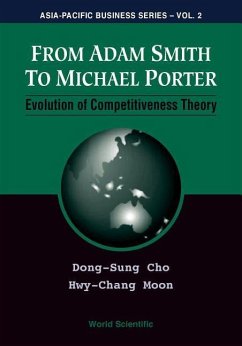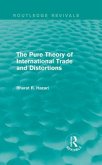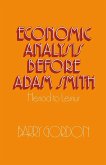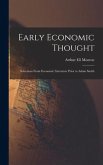Traditionally, a nation's international competitiveness has been explained by international trade theories originating from Adam Smith. However, today's global economy is too complicated to be explained by the traditional trade theories. Recently, Michael Porter of the Harvard Business School introduced a new competitiveness theory, the so-called diamond model. He differentiated his theory from the traditional trade theories by arguing that national prosperity is not inherited, but created by choices; in other words, national wealth is not set by factor endowments, but created by strategic choices. He showed different choices of creating wealth, which had been quite limited in the world of traditional trade theories. His diamond model has lately been extended by several scholars. This book highlights Porter's achievement by comparing it with those of traditional trade theorists and presents new developments of competitiveness theory. By discussing the "before" and "after" of Porter's theory, the authors provide the reader with a holistic picture of competitiveness theory.
Hinweis: Dieser Artikel kann nur an eine deutsche Lieferadresse ausgeliefert werden.
Hinweis: Dieser Artikel kann nur an eine deutsche Lieferadresse ausgeliefert werden.








